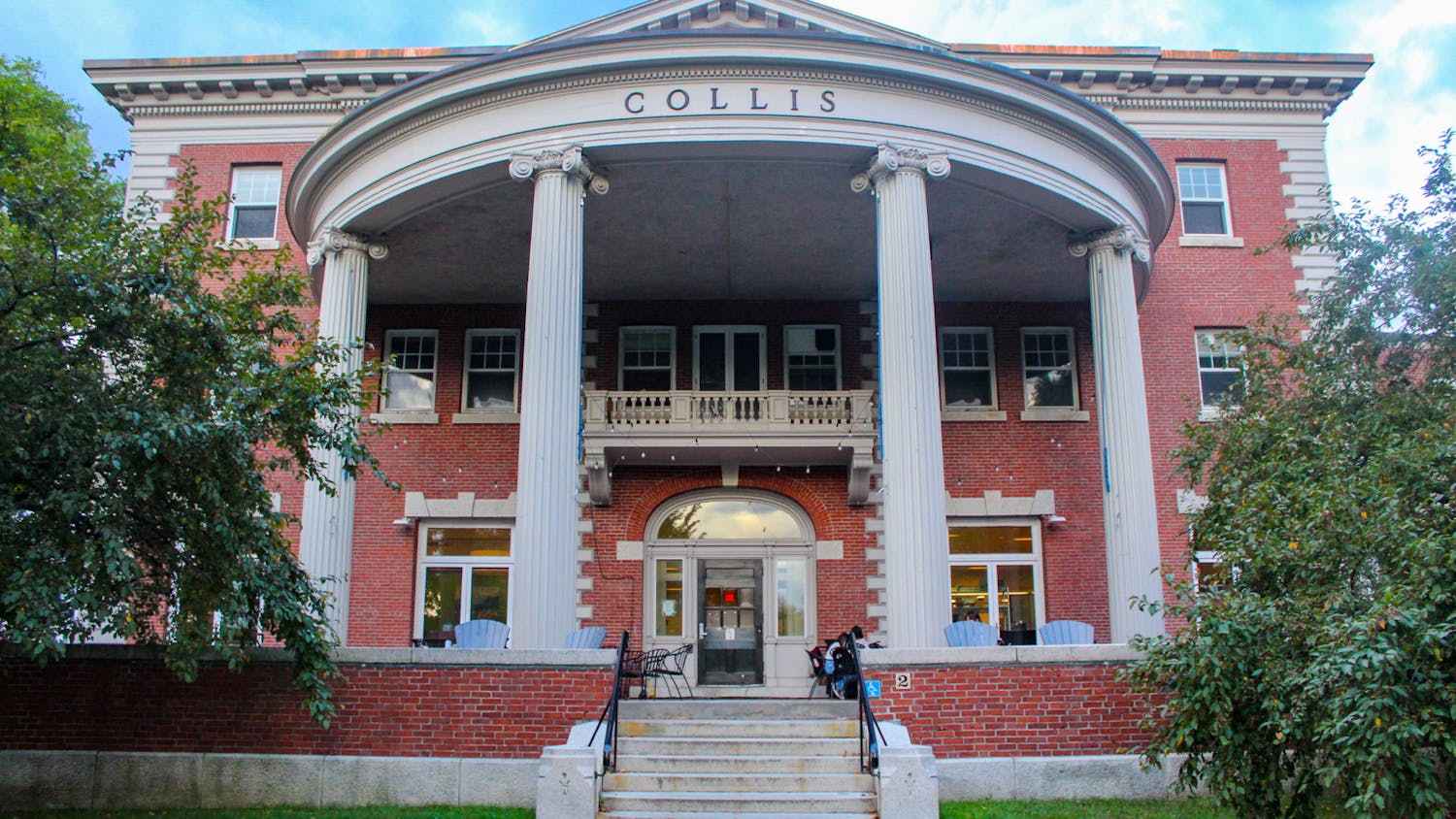When Yale University decided last week to revamp its tenure and appointment policy in an effort to become more competitive in recruiting and retaining faculty, it shifted its strategy closer to plans of comparable institutions -- including Dartmouth. The new policy provides junior faculty more resources during the tenure process, a departure from a policy that Yale found to put the university at a competitive disadvantage in attracting qualified professors.
Previously, academic departments at Yale were allotted a limited number of tenure positions; a junior professor could only be considered for tenure if either a tenured professor left the department or if the university allowed for an additional tenure position to be created. Moreover, candidates for tenure had to compete for senior positions with candidates from other departments and other universities.
The new policy, effective July 1, will allow the hiring of nontenured faculty members under the assumption that they will be granted tenure at a later date, and the policy will give internal candidates priority in fulfilling senior positions. The university will also begin providing mentors for all assistant and associate professors.
At Dartmouth, the treatment of junior faculty under the College's own tenure policy has helped attract many professors to the College, according to Dean of Faculty Carol Folt.
"At Dartmouth we really invest in our junior faculty," Folt said. "We try to get them resources that they need so they can be very active in their field and so that they can be successful in the classroom."
Most new Dartmouth faculty members are hired at the assistant professor level, a position which puts them on a track toward tenure, although some faculty members are granted tenure upon hiring and others are hired for positions that do not include the possibility of tenure. After three years, assistant professors are reviewed for reappointment in the same position, and after approximately six years, tenure-track faculty members are considered for promotion to the level of associate professor, which generally includes tenure.
It will still take slightly longer to gain tenure at Yale than at Dartmouth, but Yale's changes increase the similarities between the two institutions' policies. Newly hired assistant professors at Yale will be appointed for four years and evaluated for re-appointment after three, similar to Dartmouth's timeline for comparable reviews.
And like Dartmouth's system, a review to become associate professor on term will occur after six years. Faculty members will only be considered for tenure, however, after eight.
Yale's tenure policy will consider intellectual leadership, scholarly stature, engaged teaching and committed citizenship in looking at faculty for tenure and hiring, the report stated. Dartmouth prioritizes very similar qualities in the hiring of faculty and the tenure review process, according to Folt's explanation of the processes.
"Dartmouth's scholarly expectations are extremely high," Folt said. "We really do expect quite an active participation and excellence in teaching."
" At Dartmouth, if you're not a good teacher, but you're an excellent researcher, you still might not be able to get tenure," she added.
The Committee Advisory to the President, which is responsible for offering suggestions to College President James Wright about the merit of a particular faculty member for tenure, solicits letters from scholars in the candidate's field of study. These scholars review the full body of the candidate's academic work and comment on it, allowing the College to asses the candidate's research contributions. The College also considers student feedback in the form of letters written by former students to assess the candidate's classroom performance in making its decision.
Accounting for all of these factors, Wright then makes a final recommendation to the Board of Trustees, who must ultimately approve all new tenure appointments.
"Everybody that goes into a tenure track position knows that it's going to be a very committed job," Folt said. "You know you're going to spend a lot of time in the classroom, and, at Dartmouth, faculty all know that this is actually something that is quite valued. You're not teaching in a place where students don't care. You're teaching in a place where it's really appreciated, and you're also working in a scholarly environment."
While there have been faculty members who have left Dartmouth because of issues surrounding tenure, Folt said these occurrences are rare because those who are most likely to want to become a professor at Dartmouth are generally those who are most committed and dedicated to their academic pursuits, both within and outside of the classroom.



